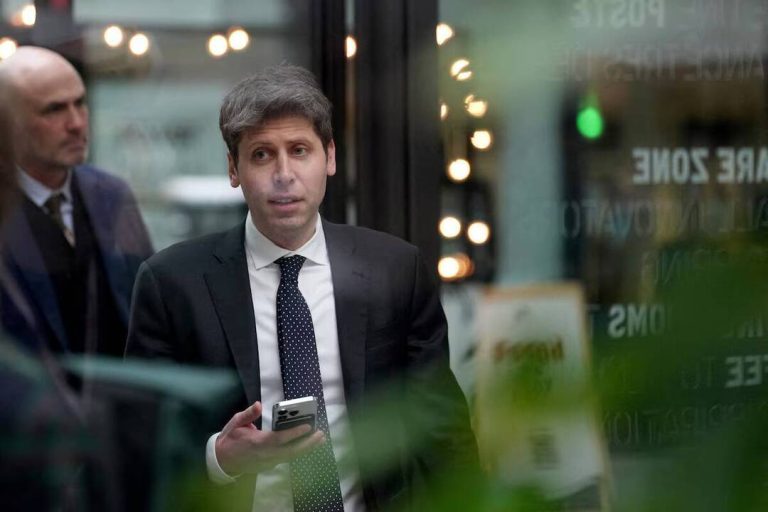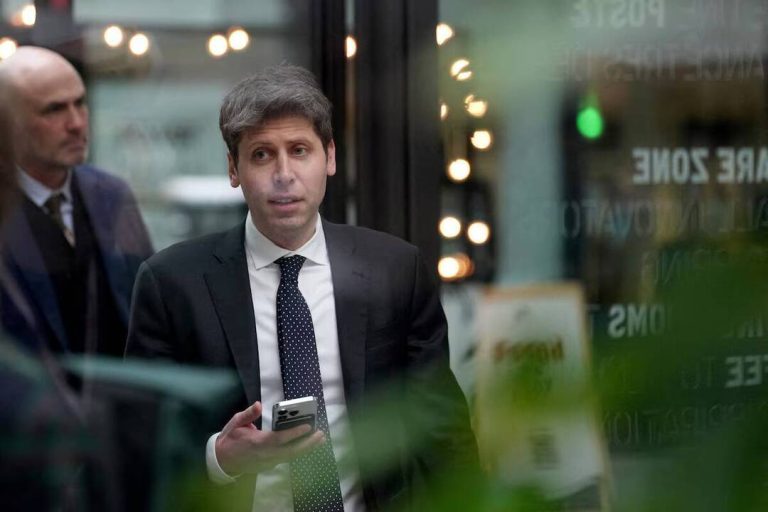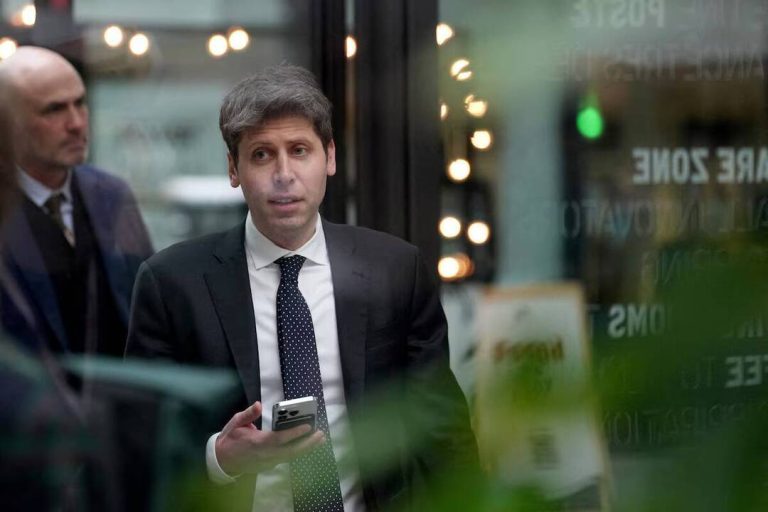
Leave Delhi, Go in Debt if You Have to,’ Says Startup Founder on Air Pollution
The air pollution crisis in Delhi has reached alarming levels, with the city’s residents struggling to breathe and facing severe health risks. The situation has become so dire that a startup founder, Kunal Kushwaha, has urged people to leave the city, even if it means going into debt. Kushwaha, the Founder of WeMakeDevs, recently shared his horrific experience of visiting Delhi and the impact of the city’s toxic air on his health.
After living in London and breathing clean air, Kushwaha was shocked by the stark contrast in air quality when he landed in Delhi. He described the experience as being able to “literally taste and smell pollution” the moment he arrived in the city. The air pollution was so severe that it forced him to cut his trip short, highlighting the urgent need for individuals to prioritize their health and well-being.
Kushwaha’s statement, “Leave Delhi, go in debt if you have to,” underscores the gravity of the situation and the desperate measures people may need to take to protect themselves from the harmful effects of air pollution. The fact that a successful startup founder is willing to advise people to take on debt to escape the city’s toxic environment is a testament to the severity of the crisis.
Delhi’s air pollution problem is not a new issue, but it has reached catastrophic levels in recent years. The city’s poor air quality is attributed to a combination of factors, including vehicle emissions, industrial pollution, and crop burning in nearby states. The situation is exacerbated by the city’s geography, with the Himalayas trapping pollutants and preventing them from dispersing.
The health risks associated with air pollution are well-documented, and Delhi’s residents are paying a heavy price. Exposure to poor air quality can lead to respiratory problems, cardiovascular disease, and even premature death. Children, the elderly, and people with pre-existing medical conditions are particularly vulnerable to the effects of air pollution.
The Indian government has implemented various measures to address the air pollution crisis, including the odd-even traffic rule, banning construction activities, and imposing fines on polluters. However, these efforts have had limited success, and the city’s air quality remains a major concern.
Kushwaha’s experience and statement have sparked a debate about the need for individuals to take drastic measures to protect themselves from air pollution. While leaving the city may not be a feasible option for everyone, it highlights the need for people to prioritize their health and well-being.
For those who cannot afford to leave the city, there are still steps that can be taken to minimize exposure to air pollution. Wearing masks, using air purifiers, and avoiding outdoor activities during peak pollution hours can help reduce the risks associated with poor air quality.
The air pollution crisis in Delhi is a wake-up call for the government, businesses, and individuals to take collective action to address this pressing issue. It requires a sustained effort to implement effective policies, invest in clean technologies, and promote behavioral change.
In conclusion, the air pollution crisis in Delhi is a serious concern that requires immediate attention. Kunal Kushwaha’s statement, “Leave Delhi, go in debt if you have to,” is a stark reminder of the desperate measures people may need to take to protect themselves from the harmful effects of air pollution. As the city struggles to breathe, it is essential for individuals, businesses, and the government to work together to find solutions to this crisis.






